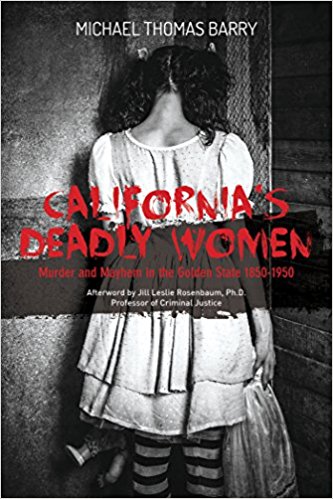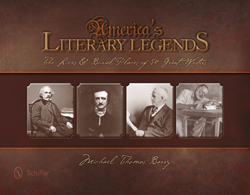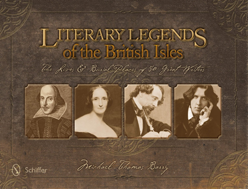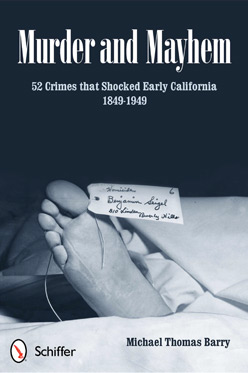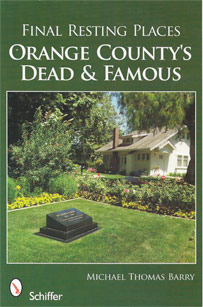07.10
This week (July 10-16) in literary history – Short story writer Alice Munro was born (July 10, 1931); E.B. White was born (July 11, 1899); Geoffrey Chaucer was appointed Chief Clerk of the king’s works (July 12, 1389); William Wordsworth visited Tintern Abbey (July 14, 1811); Novelist Iris Murdoch was born (July 15, 1919); J.D. Salinger’s The Cather in the Rye was published (July 16, 1951)
Highlighted Literary Story of the Week –

On July 11, 1899, E.B. White, the author of the popular children’s novel Charlotte’s Web was born in Mount Vernon, New York. White, a longtime contributor to The New Yorker magazine who was known for his graceful, witty prose, also updated and expanded The Elements of Style, an English usage guide that remains a standard text for many high school and college students.
Elwyn Brooks White was the son of a piano manufacturer and the youngest of six children. He attended Cornell University, where he edited the school newspaper and was dubbed Andy, a nickname given to students with the last name White, after Andrew D. White, the university’s first president. After graduating from Cornell in 1921, White worked as a newspaper reporter and a production assistant and copywriter for an advertising agency. In 1927, he joined the staff of The New Yorker, which had been founded two years earlier. White, along with his friend and fellow writer James Thurber, is credited with playing a central role in shaping the magazine’s tone and direction. For over 50 years, White contributed essays, poems and other pieces to the publication.
In the 1930s, White and his wife, Katherine Sergeant Angell, a writer and editor whom he met at the magazine, moved to a farm in Maine. In 1945, he published his first children’s novel Stuart Little, about a mouse born into a human family. The book was followed in 1952 by Charlotte’s Web, about a pig on a farm who is saved from being slaughtered with the help of a spider named Charlotte. The story was inspired by life on White’s own farm. His third children’s book, The Trumpet of the Swan, about a swan born without a voice, was published in 1970.
In 1959, White reedited The Elements of Style, a handbook that was first published privately in 1918 by his former Cornell professor William Strunk. He received numerous awards during his career, including an honorary Pulitzer Prize in 1978 for the body of his work. He died on October 1, 1985, at his home in North Brooklin, Maine, after suffering from Alzheimer’s disease. At a memorial service, New Yorker writer Roger Angell said of his famously shy stepfather: “If E.B. White could be here today, he wouldn’t be here.” E.B. White is buried at Brooklin Cemetery in North Brooklin, Maine.
Check back every Friday for a new installment of “This Week in Literary History.”
Michael Thomas Barry is the author of six award winning nonfiction books that includes Literary Legends of the British Isles and America’s Literary Legends.

